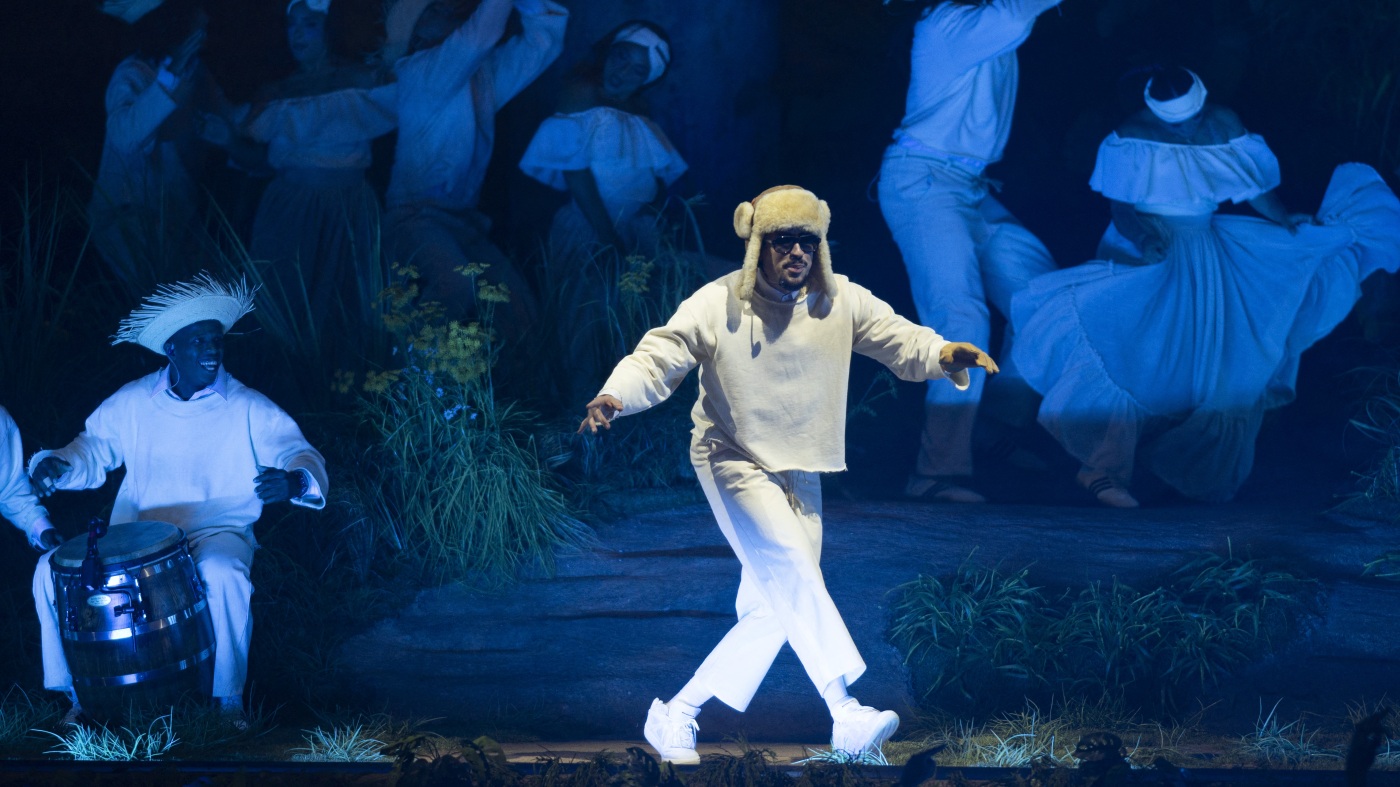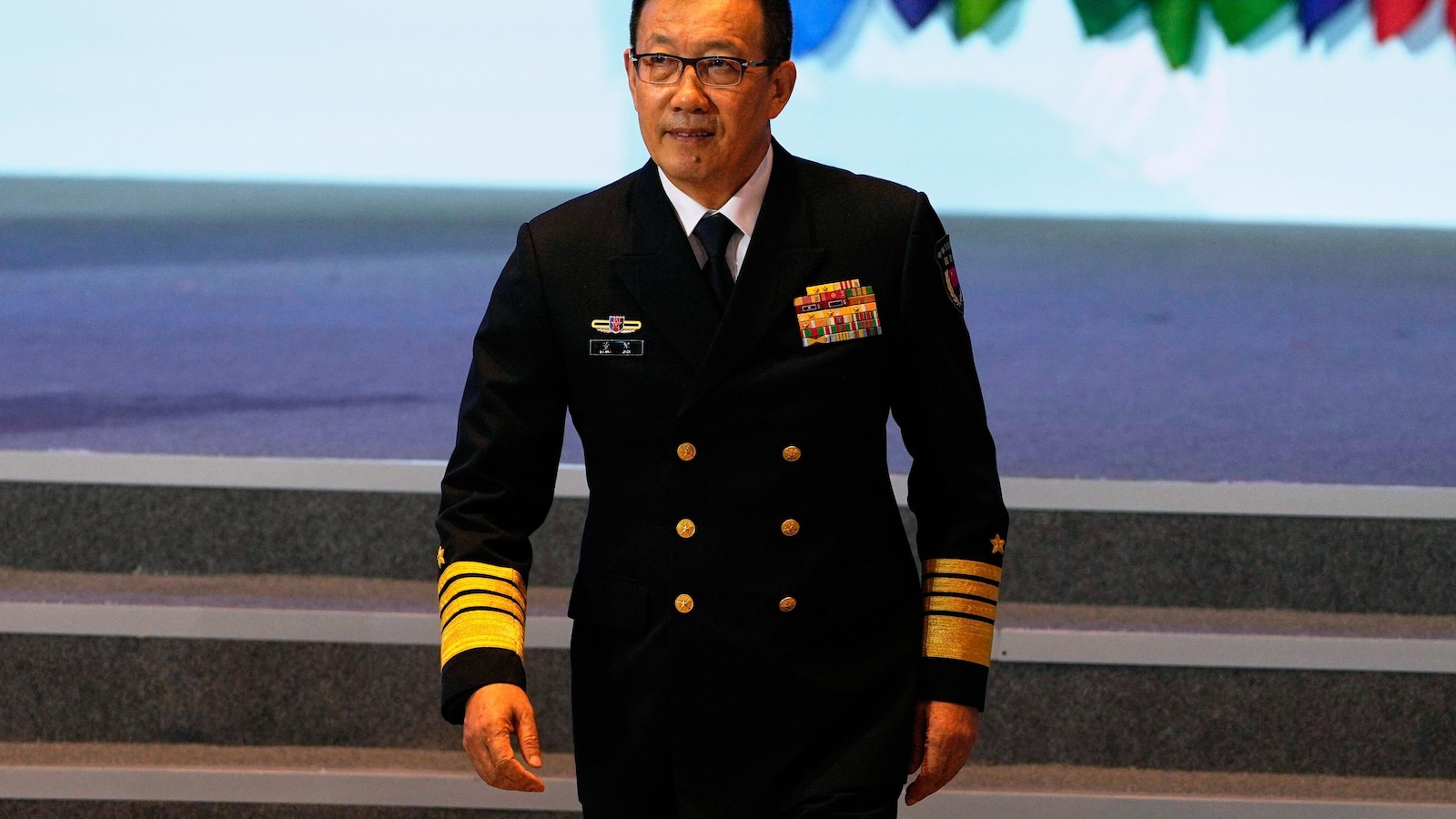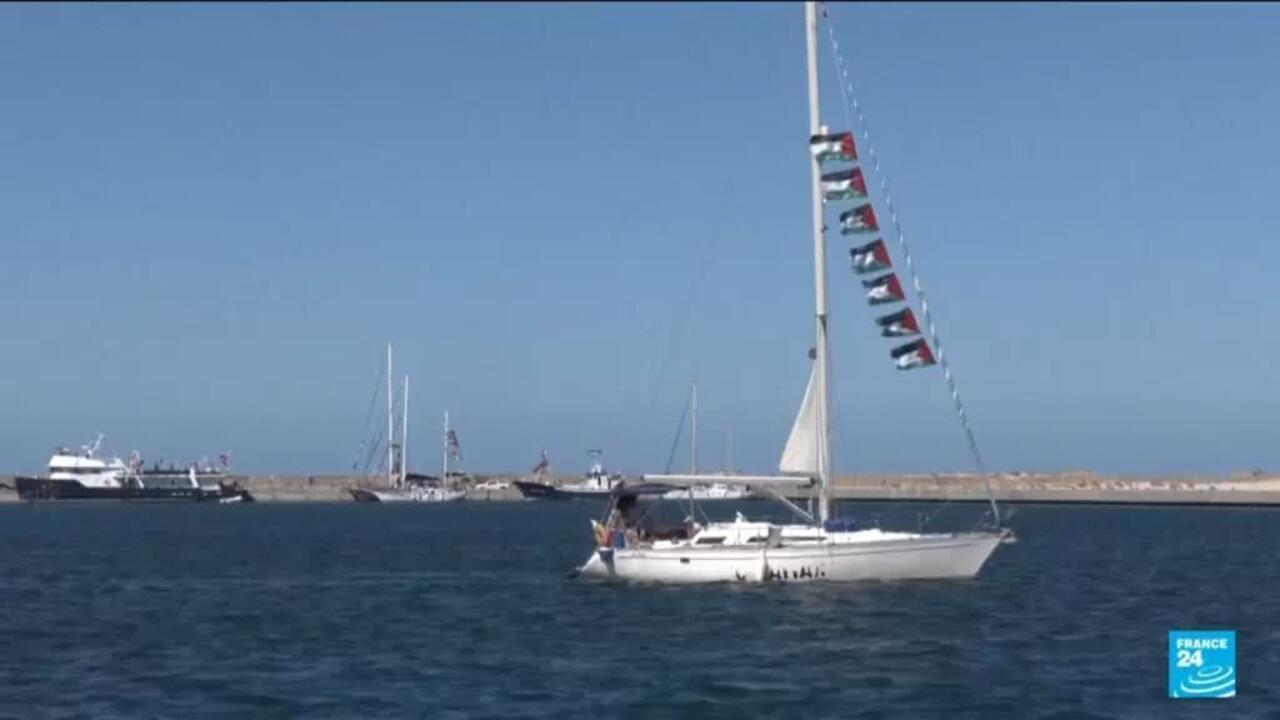President Donald Trump said he will designate “antifa” as a terrorist organization as the White House has begun cracking down on the left following the killing of conservative activist Charlie Kirk.
“I am pleased to inform our many U.S.A. Patriots that I am designating ANTIFA, A SICK, DANGEROUS, RADICAL LEFT DISASTER, AS A MAJOR TERRORIST ORGANIZATION,” Trump posted on Truth Social on Wednesday night. “I will also be strongly recommending that those funding ANTIFA be thoroughly investigated in accordance with the highest legal standards and practices.”
Earlier this week, Vice President J.D. Vance said while filling in as host of The Charlie Kirk Show podcast that the government is “going to go after the NGO network that foments and facilitates and engages in violence.” Vance spoke with senior Trump advisor Stephen Miller on the episode about “all the ways we are trying to figure out how to prevent this festering violence we are seeing on the far left.” Investigators have not directly linked suspect Tyler Robinson to any political groups or ideology.
Since Kirk’s death, Republican lawmakers and far-right influencers have called for a crackdown on the left. Late-night talk show host Jimmy Kimmel became the latest of a growing number of people across the U.S. who have been fired or sanctioned at their workplaces for sharing comments deemed offensive related to Kirk. Some comments have included incendiary language, but others have not appeared to glorify or celebrate the shooting. The State Department also said it would identify non-citizens “on social media praising, rationalizing, or making light of the event” and take appropriate action against them, such as refusing or revoking visas. And Attorney General Pam Bondi said the Justice Department would prosecute “hate speech.”
Here’s what to know.
What is antifa and why is Trump designating it a terrorist organization?
Antifa, short for anti-fascist, is a decentralized political movement that gained mainstream prominence after thousands of counter-protesters—not all of whom identified as antifa—showed up to oppose the white supremacist Unite the Right rally in Charlottesville, Va., in 2017.
Antifa, which is rooted in leftist anti-fascist resistance in the 20th century, is defined by its opposition to fascism, particularly far-right neo-Nazi ideologies. Although Trump and other Republicans have described antifa as a highly organized group of “terrorists,” antifa does not have official leaders or organizational structure. Instead, it’s a loosely, if at all, tied collection of local activists and autonomous activist groups across the U.S., with some organizing themselves into local cells. For example, Rose City Antifa, which was founded in Portland, Oregon, in 2007, says its goal is “any work that prevents fascist organizing, and when that is not possible, provides consequences to fascist organizers.”
Antifa has been associated with various protest movements, from the 2020 Black Lives Matter movement ignited by the police murder of George Floyd to counter-protests of white supremacist rallies, including confrontations with far-right militia the Proud Boys in Portland, Oregon, in 2021.
Antifa has become a buzzword among Republicans and right-wing media since Trump’s first term, and Trump and other Republicans have ascribed blame to antifa for several episodes of unrest. Trump blamed “both sides” after a white supremacist rammed a car into a crowd of counter-protesters at the Charlottesville rally, killing Heather Heyer. Trump allies have also pushed conspiracy theories that leftist antifa agitators were among those who stormed the Capitol on Jan. 6, 2021.
“Despite the media portrayal of a deranged, bloodthirsty antifa … the vast majority of anti-fascist tactics involve no physical violence whatsoever,” Mark Bray, an organizer for Occupy Wall Street, wrote in his book, Antifa: The Anti-Fascist Handbook (2017). “Anti-fascists conduct research on the far right online, in person, and sometimes through infiltrations; they dox them, push central milieux to disown them, pressure bosses to fire them … But it’s also true that some of them punch Nazis in the face and don't apologize for it.”
It’s also not affiliated with the Democratic Party or its leaders. Former President Joe Biden has previously condemned antifa and “violence, no matter who it is.”
Can Trump do that?
It’s not clear how the Trump Administration will designate an umbrella movement as a terrorist organization or enforce actions on such an amorphous entity. Trump has suggested that he could use the Racketeer Influenced and Corrupt Organizations (RICO) Act, a federal law targeting organized crime, to bring racketeering charges against people who have funded left-wing protest movements.
“I’ve asked Pam [Bondi] to look into that in terms of bringing RICO cases against them—criminal RICO,” Trump told reporters on Monday.
Antifa would not be labeled a foreign terrorist organization, a designation that would allow the Justice Department to prosecute people who provide material support to those entities, since it is primarily based in the U.S.. Earlier this year, Trump labeled certain cartels as foreign terrorist organizations as part of his broad crackdown on drugs, a designation that he has cited to justify strikes on alleged Venezuelan drug boats and a build-up of military assets off Venezuelan waters.
The FBI and Department of Homeland Security could, however, consider antifa a priority in its domestic terror threat assessments, which for years have been topped by white supremacist groups.
Republican lawmakers have also sought to target antifa through face mask bans, as many self-identified antifa protesters wear face coverings during demonstrations. Last year, Republican Tennessee Rep. Tim Burchett reintroduced the Unmasking Antifa Act, which originally targeted antifa activists but appeared to also be aimed at pro-Palestinian protesters. The bill was referred to the House Committee on the Judiciary but made no further progress.
Mary McCord, a former senior Justice Department official, told Al Jazeera during Trump’s first term that attempting to designate antifa as a terrorist group “would raise significant First Amendment concerns.”
But some critics have warned that the designation could still have far-reaching consequences.
“The designation would grant federal law enforcement broad powers, under the federal terrorism code, to surveil and investigate anyone labeled as antifa,” the Southern Poverty Law Center said in a statement in 2020, after Republican Senators Ted Cruz of Texas and Bill Cassidy of Louisiana introduced a resolution in 2019 seeking to label antifa a domestic terrorist organization. “It could also allow federal law enforcement to broadly target anyone involved in protests viewed unfavorably by the Trump administration, even retroactively.”
Trump, during his first term, seemed to indicate support for the resolution, posting on X: “Major consideration is being given to naming ANTIFA an ‘ORGANIZATION OF TERROR.’”
The 2019 resolution was referred to the Senate Judiciary Committee but did not make further progress.
Cassidy celebrated Trump’s designation announcement on Wednesday. “Antifa seized upon a movement of legitimate grievances to promote violence and anarchy, working against justice for all,” he said in a statement. “The President is right to recognize the destructive role of Antifa by designating them domestic terrorists.”











 English (US) ·
English (US) ·